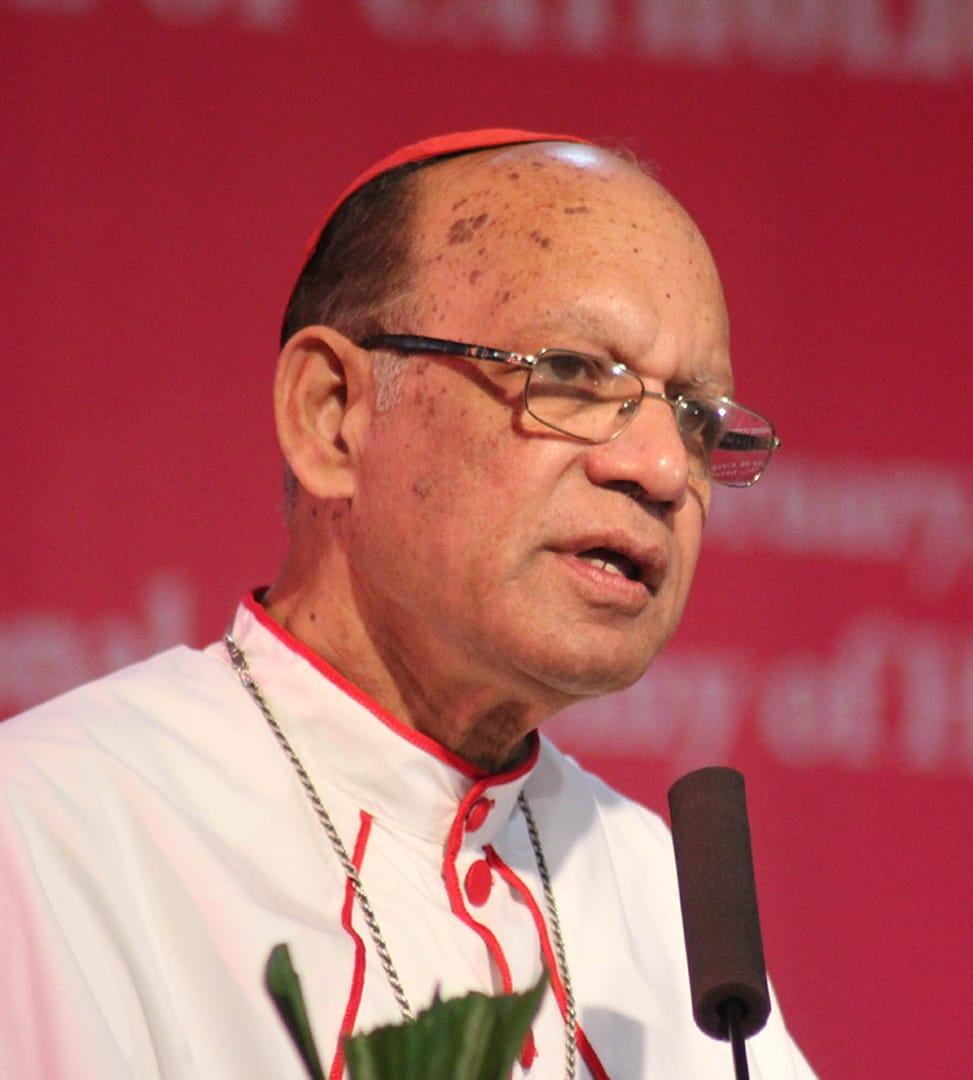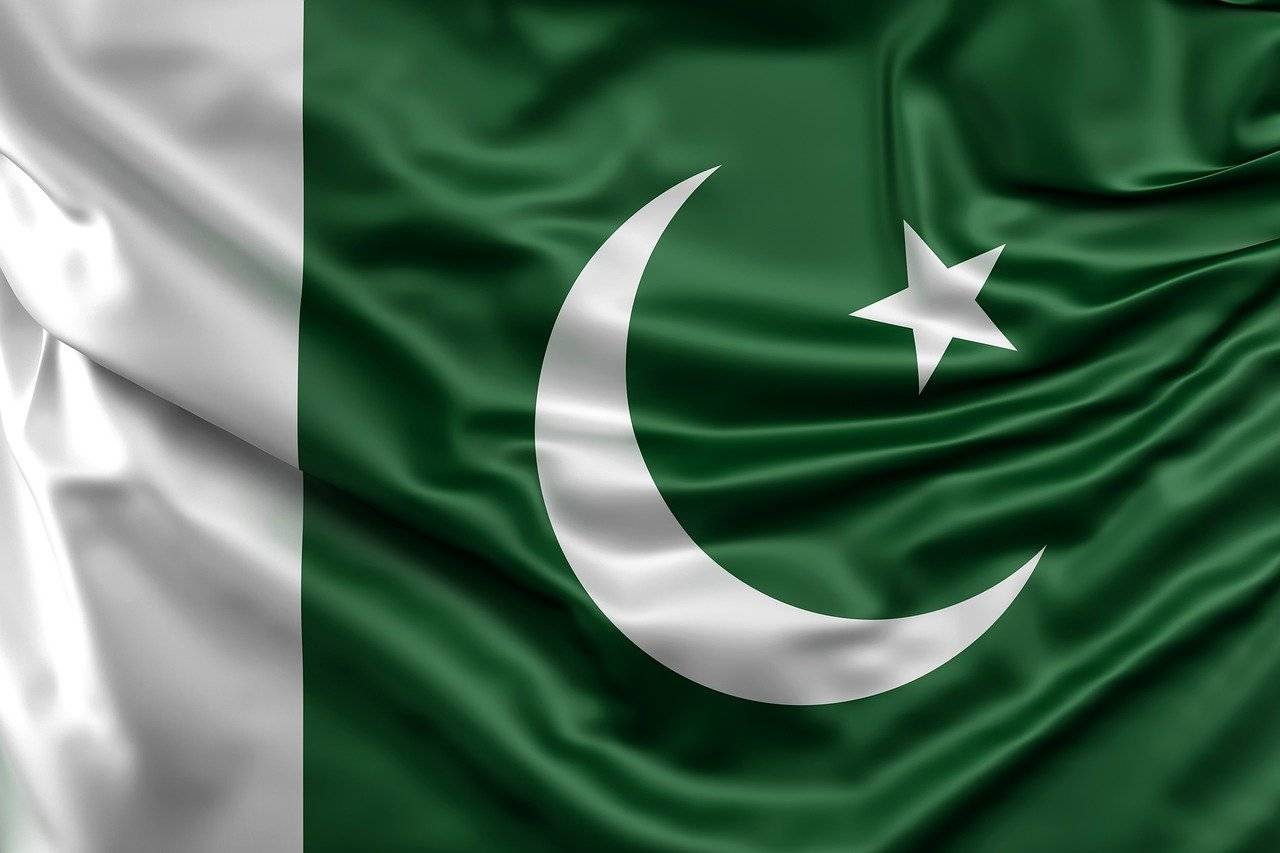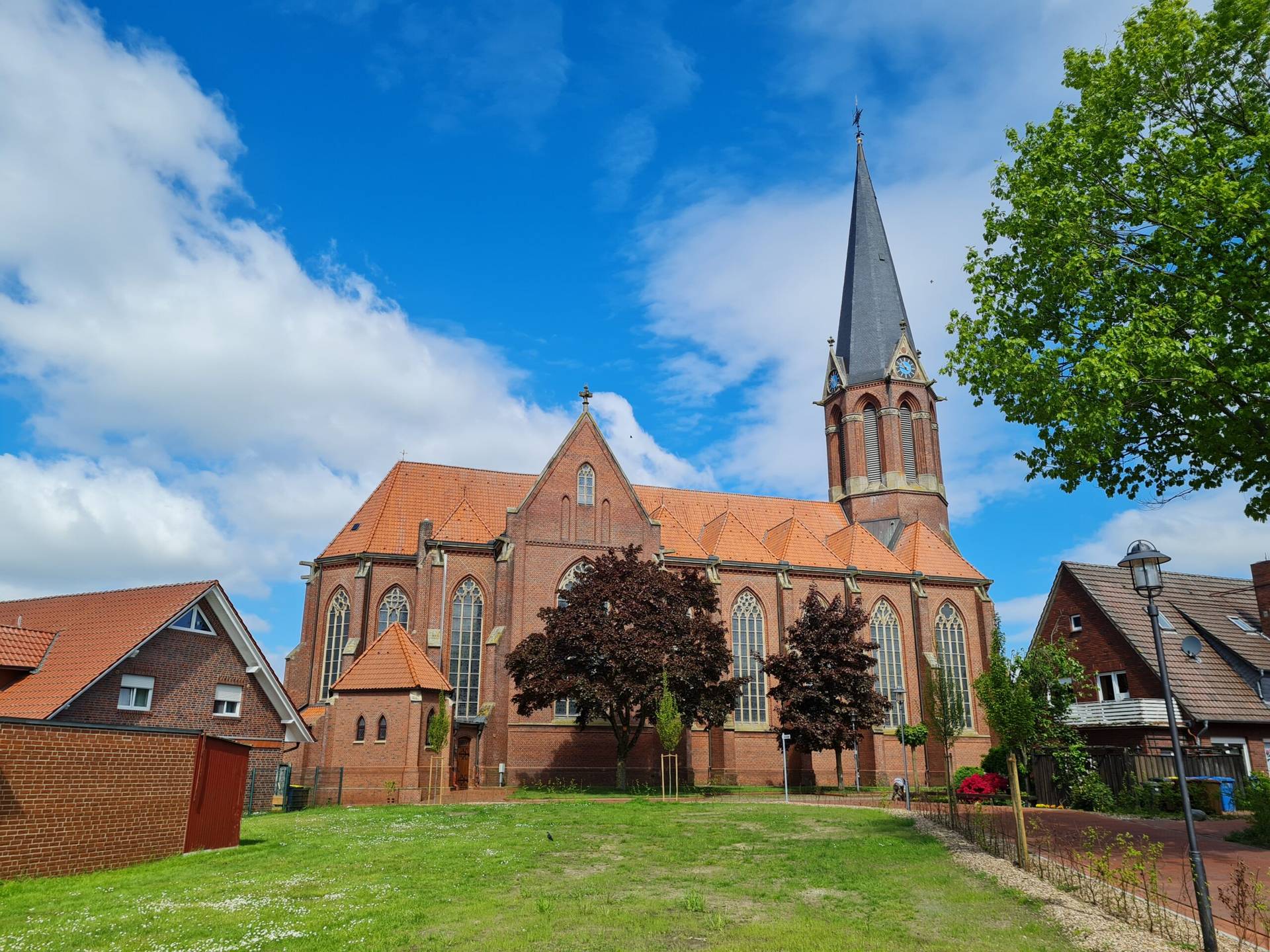MUMBAI, India – As Indian Cardinal Oswald Gracias marks his 50th priestly anniversary, colleagues note that he is “gifted with intelligence, leadership qualities and altruistic nature.”
Gracias, the archbishop of Bombay and president of the Catholic Bishops’ Conference of India, was ordained to the priesthood on Dec. 20, 1970, in the archdiocese he now heads.
The 75-year-old prelate has also served as the president of the Federation of Asian Bishops’ Conferences and is currently a member of Pope Francis’s Council of Cardinal Advisors.
“He handles situations with certain self-confidence, that because he knows the functioning of the Church, he is gifted with forging friendly relations with everyone and he has the wisdom to move in the direction that resolves the conflicts,” said Archbishop Felix Machado of Vasai, which is in the Bombay ecclesiastical province.
“The cardinal is gifted with extraordinary memory and that is a great asset to his leadership. When he conducts the meetings and topics emerge, he speaks within the context, knowing full well the background, the nature of the problem and also the appropriate solution in his mind. That is truly an impressive factor,” Machado told Crux.
“Cardinal Ossie desires reconciliation and if that is not immediately possible, he wants to keep the doors open and never to shut the doors. That is a great gift because we are disciples of Christ and we must never lose hope,” the archbishop continued. “The leadership of the cardinal is most timely. We certainly need a leader like Cardinal Oswald who works untiringly, encourages everyone and walks to the end of the path.”
Gracias was born in Bombay – now Mumbai – although his ancestry stems from Goa, the former Portuguese colony which is considered the birthplace of Latin Rite Catholicism in India.
He was made an auxiliary bishop of Bombay in 1997, before becoming Archbishop of Agra in 2000. Six years later, Pope Benedict XVI sent him back home to lead the Bombay archdiocese, and made him a cardinal in the next year.
“Cardinal Gracias is providing leadership to Asian and national level organizations,” said Father Frederick D’Souza, the former executive director of Caritas India.
“As a leader he advices, guides, and animates people all the time. He has contributed to the Church in India for faith formation, social communication, social apostolate for development, medical and health initiatives, and interreligious amity and peace. The coordination, between different church organizations, commissions, and offices greatly improved under his leadership. Many new organizations and initiatives emerged under the aegis of the cardinal’s leadership and tenure making the church vibrant and youthful,” he told Crux.
“Jesus said what comes out of a man defiles a man and not what goes in. The cardinal’s unique way of encouraging people, making the person in front of him more important than oneself has made it possible to achieve all these,” D’Souza continued.
“The people who approach him disregard who they are always come away positive, hopeful, encouraged, and committed. The level of interactions is so amazing that one feels not judged but rather challenged to go beyond in the direction of the common goal. There are some people who only inform others and not transform. A true leader like Cardinal Gracias transform others all the time as a true commitment to empower and capacitate others,” the priest added.
Machado said Gracias has helped “bridge the widening gap” between different sectors of the Church.
This includes in his leadership role at the bishops’ conference, where he has worked to bring India’s three main ritual churches – the Latin, Sryo-Malabar, and Syro-Malankara rites – into closer communion, to better communication between the diocesan clergy and religious orders, to heal the divide between India’s different regions, as well as between liberals and conservatives.
“Cardinal Oswald is always the man who strikes the balance without losing the essence of the matter at hand,” Machado told Crux.
“Being on the Holy Father’s [Council of Cardinals], he brings firsthand knowledge of the structure of the Church, moves things faster, informs the bishops in India with reliable information. These things are very helpful for the Church to move forward,” the archbishop said.
“In small and big matters, the cardinal’s intervention has been most appropriate because of his memory of facts, knowledge of canon law, passion for seeing things globally and zeal to arrive at wiser judgement which holds the people together,” he added.
D’Souza credited Gracias’s sense of humor as part of what makes him an “effective and efficient” leader.
“The ability to laugh and make others laugh goes in long way to convince others. We need leaders with genuine sense of fun and laughter to promote peace and development,” the priest said.
“The problem with the present-day leaders is that they lack sense of wonder, sense of humor, and fun. The cardinal as a leader and as president of the many organizations in India and abroad leads by example as to how to generate energy, unity, and positive vibes among people. A true leader who inspires people by constantly sharing a long-term vision through life as an example to others to emulate,” D’Souza told Crux.















